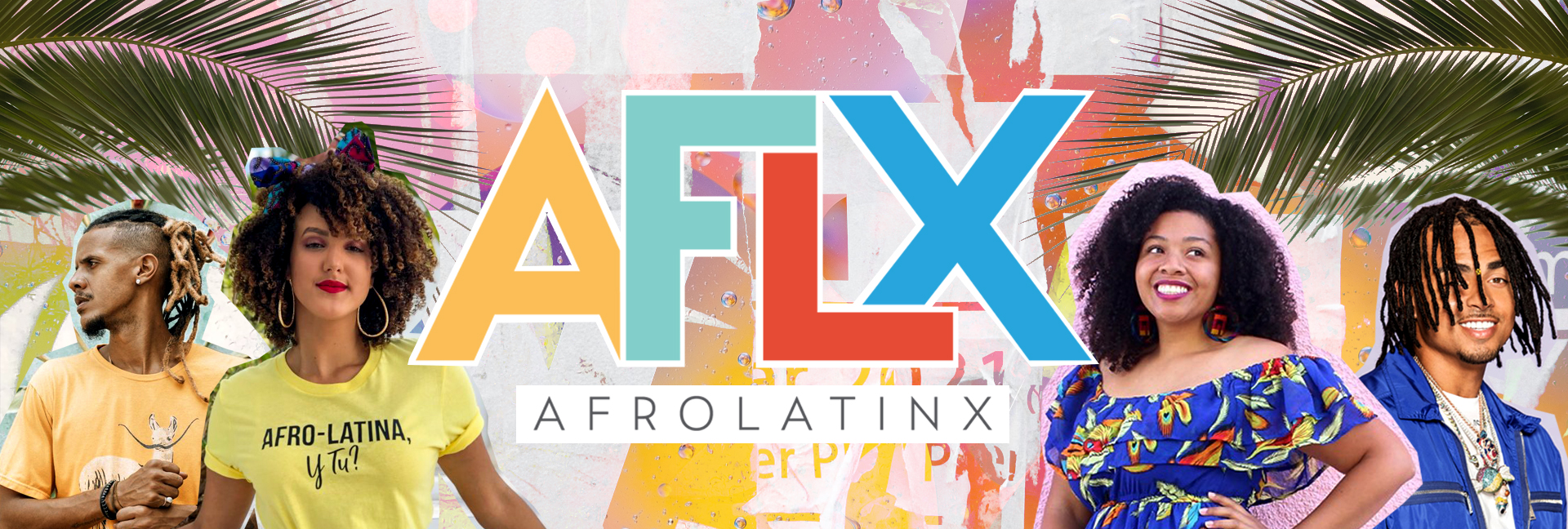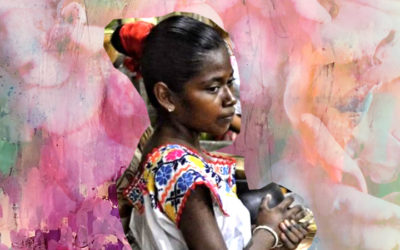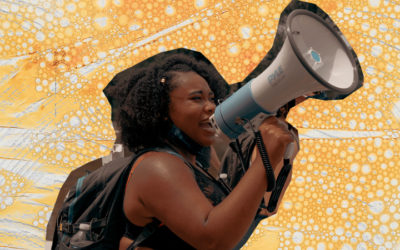
About
Geo Stories
Events
Media
Resources
Articles & Resources
Los Esclavos Fugitivos que Huyeron de Estados Unidos a México
Rodrigo OseguedaQue la Esclavitud se proscriba para siempre, y lo mismo la distinción de Castas, quedando todos iguales, y sólo distinguirá a un Americano de otro el vicio y la virtud.México fue de los primeros países en abolir la esclavitud y el primero de América en...
Afrolatinos: doble minoría
Maria Elena Salinas Latinos negros o Afro-Latinos, una doble minoría. No es exactamente una crisis de identidad pero dice mucho acerca de cómo las personas se perciben a sí mismas y de los factores que tienen en cuenta para su identidad.Pero existe un subgrupo dentro...
La Oscura Historia del Pasado Esclavista Español
Claudia Contente Historiadora, Universitat Pompeu FabraA pesar de las leyes y compromisos, España fue uno de los últimos países, a finales del siglo XIX, en acabar de forma real con el fenómenoEn un momento de revisión del pasado en Estados Unidos, pero también en...
In Defense of Latinx
Christine Garcia“Where We Are” highlights where we are as a field on matters current and compelling. In these invited contributions, we bring together a small group of scholars at the forefront of a particular issue or practice, who together issue a progress report of...
CSUN Department of Africana Studies
The Department of Africana Studies is an intellectual community and academic...
CSUN Department of Central American and Transborder Studies
The Department of Central American Studies has a tri-fold mission: to empower...
CSUN Department of Chicana and Chicano Studies
The Department of Chicana/o Studies celebrated its 40th Anniversary in 2009,...
AfroBoriqua Mothering: Teaching/Learning Blackness in a Bay Area AfroPuerto Rican Community of Practice.
by Krista Cortez
This article puts forth the notion of Afroboriqua mothering to understand the types of conditions that allow communal, proleptic practices of blackness to exist within AfroPuerto Rican communities. Afroboriqua mothering is an act that occurs within a community of practice that queers how we understand mothering through activism that always centers blackness and anti-colonial Puerto Ricanness. Through participant-observation and a series of interviews with members of one AfroPuerto Rican community in Northern California, Afroboriqua mothering surfaced as a way to describe teaching and learning (or teaching/learning) within AfroLatinx multi-generational communities that centers blackness as an ancestral, cooperative and activist practice.
Stay Up to Date with AFLX
Don’t want to miss out on the latest content surrounding the AfroLatinx community? Make sure to subscribe down below to receive the latest information we have to offer!




